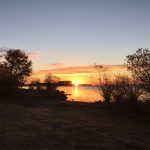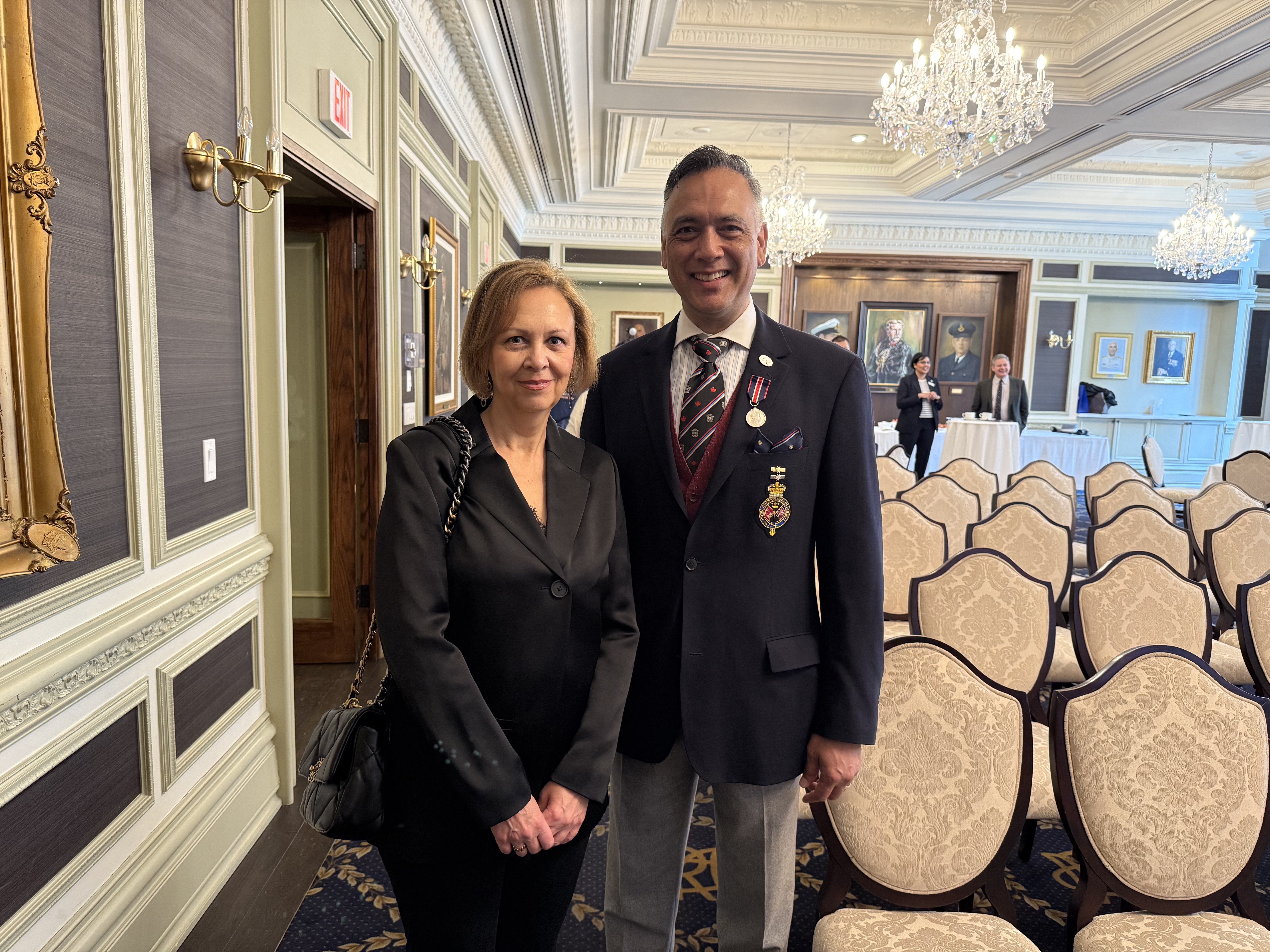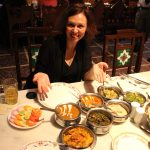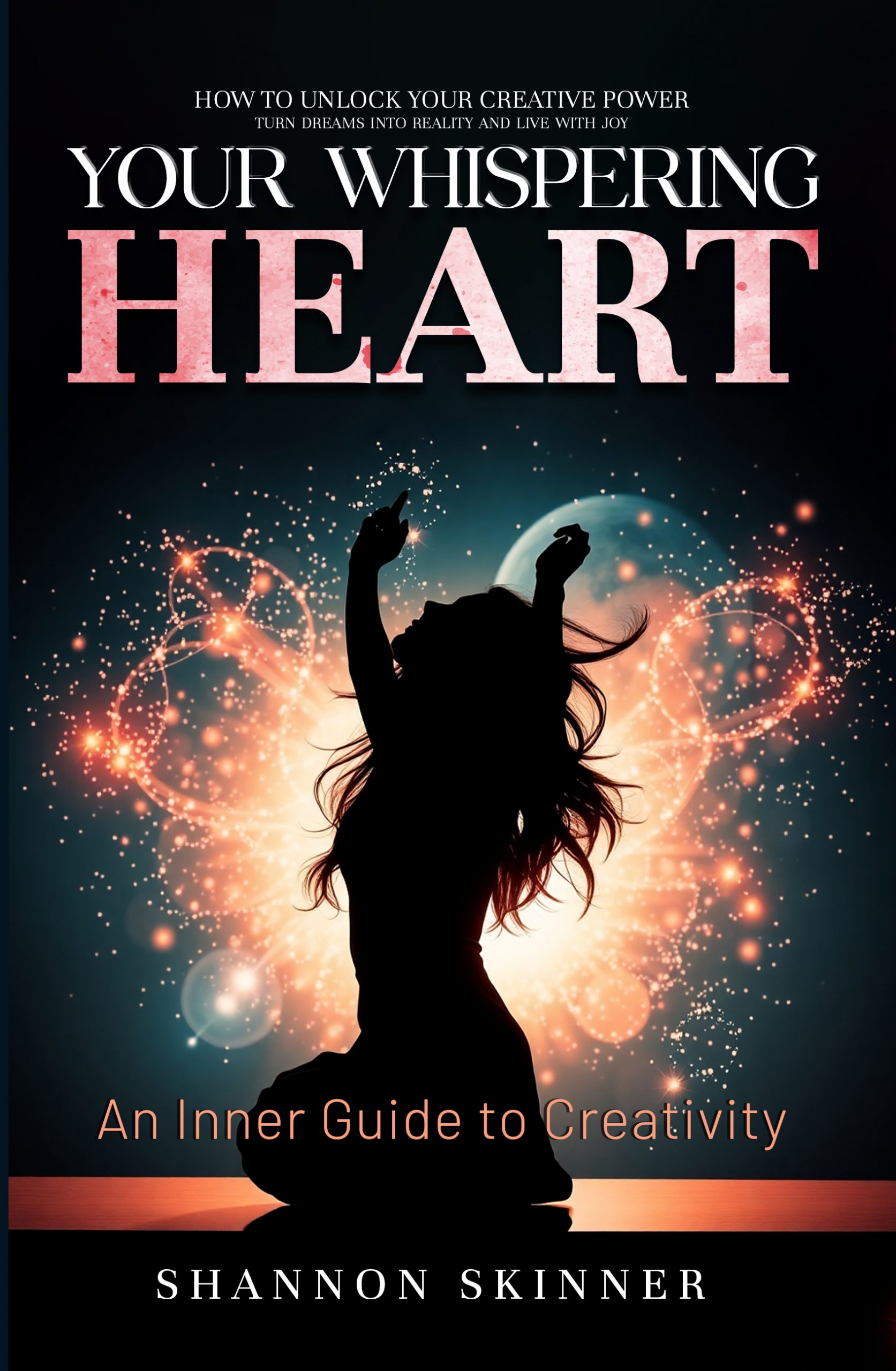Inside Switzerland’s Kasperskian Caviar: caviar with life
On a recent trip to Switzerland, I had an opportunity to visit a caviar production facility. Kasperskian Caviar is a relatively new company (2015), located in the Valais region of Switzerland, right in the heart of the Swiss Alps.
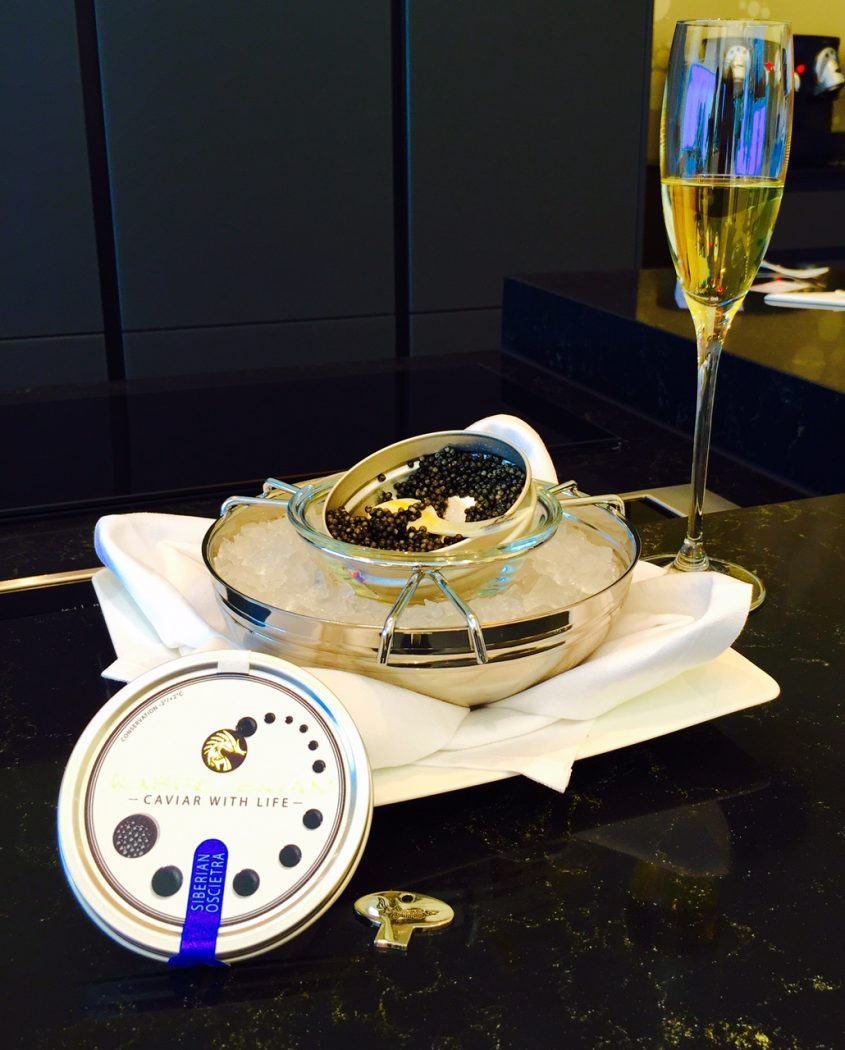
Kasperskian Caviar, “Caviar with Life.”
Considered a luxury food item, and possibly the world’s most expensive food, caviar (also called roe) is a delicacy comprised of salt-cured eggs of sturgeon fish (many species). The roe can be either fresh or pasteurized. However pasteurization reduces its value from a culinary and economic standpoint.
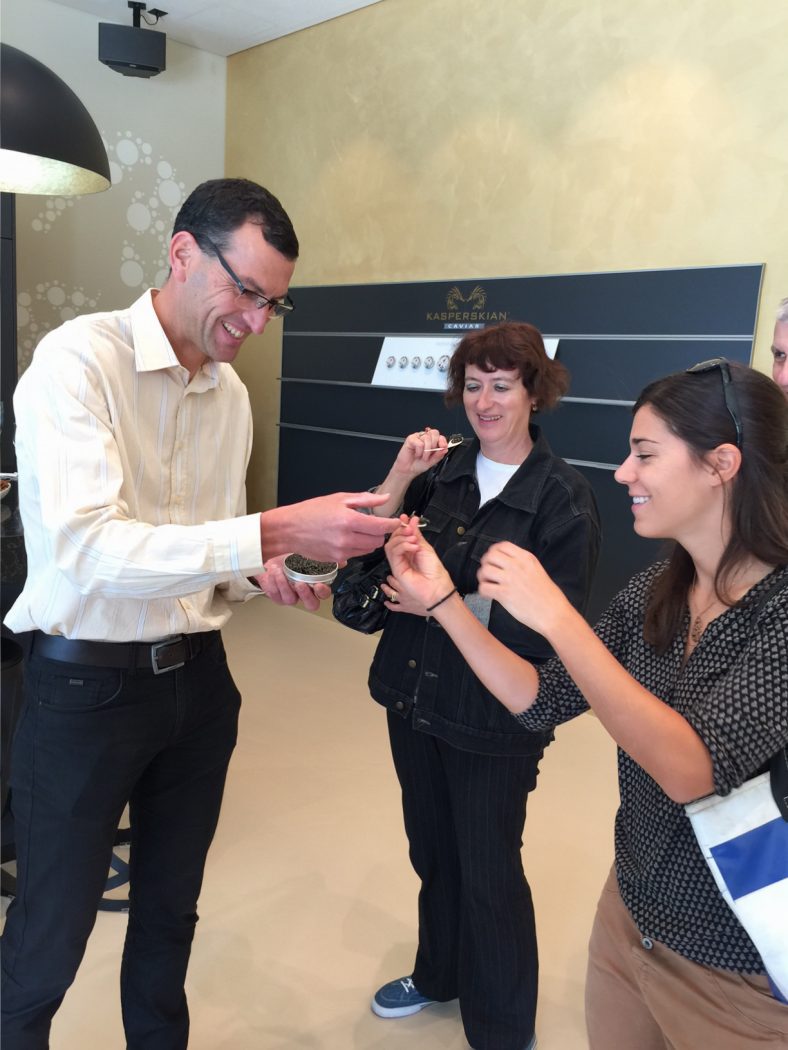
Frédéric Cherpin, Marketing and Sales Manager, Kasperskian Caviar, leading a tasting of the caviar. Since I’m a vegetarian, no caviar for me!
Enter Kasperskian Caviar — a unique company in the way it produces its caviar to maintain both culinary and economic value – and sustainability. Not only is it sustainable, it is ethical.
Kasperskian Caviar (the name is a play on Russia’s Caspian Sea) has created a sustainable business model and ethic, which they refer to as “caviar with life.” They produce pure caviar from sturgeon fish (Siberian/Baeril variety) while they are alive using an innovative method that retrieves the eggs of the female without harming them. Typically in caviar production, the fish are killed to retrieve the eggs, but that is what sets apart the Kasperskian company. So “caviar with life” means the fish provide caviar when they are alive.
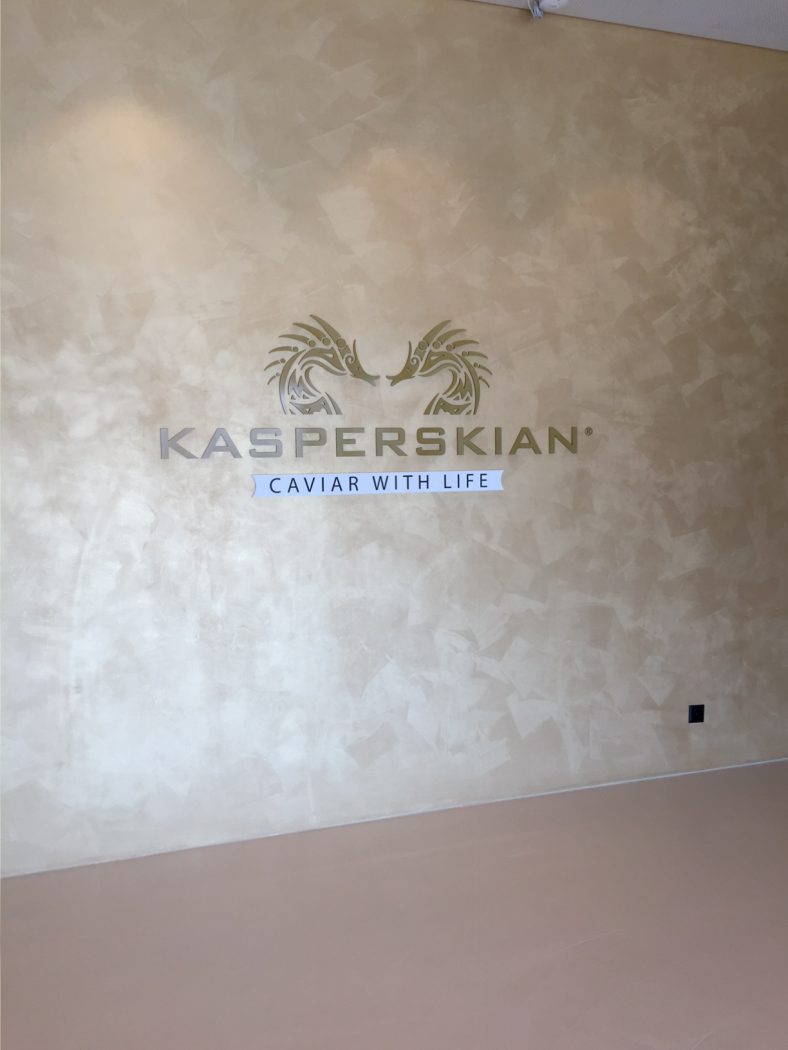
The caviar master (yes, there is such a thing), takes the pregnant fish out of the water and quickly “massages” the fish and it releases its eggs. This happens in under one minute, since the fish obviously cannot stay out of water for long. After the eggs are retrieved, the fish goes back into the water and may again provide eggs for caviar (sorry, guys, the male fish meat goes to market).
It takes 5-10 years to get eggs from the sturgeon, one of the reasons caviar is so expensive.
The company uses the highest quality water from the Swiss mountains, which is why it based in Switzerland (another reason is one of the investors happens to be from the local area). Their sturgeon produce large, soft, high quality eggs, as a result. Only salt is added to the eggs with no preservatives or other additives, so they are pure and natural, and the highest quality of caviar one can get. This means, of course, a higher price, but for caviar lovers, it may be well worth it.
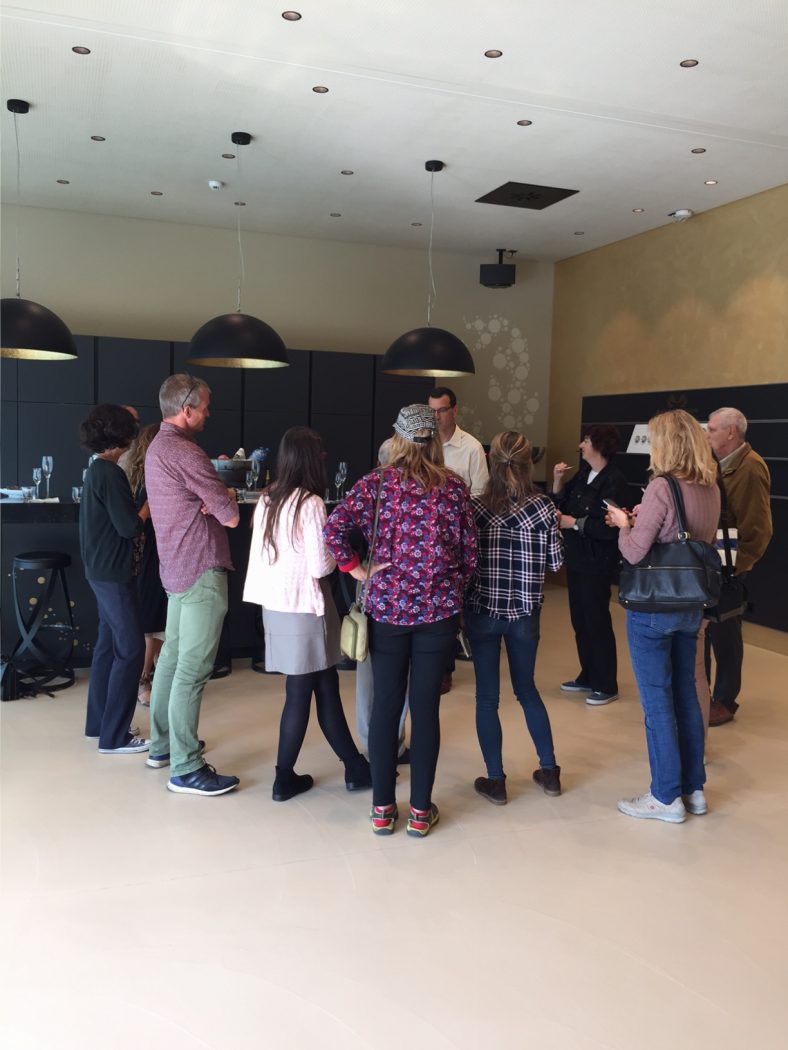
The lobby of the Kasperskian Caviar building
Each of the 1,000 fish in the production facilities – some as large as small sharks – have a name. It takes 2 years to determine the sex of the fish. Once the females are identified, a small “chip” is put in the fish to track its weight, food, health, etc., so they know everything about them.
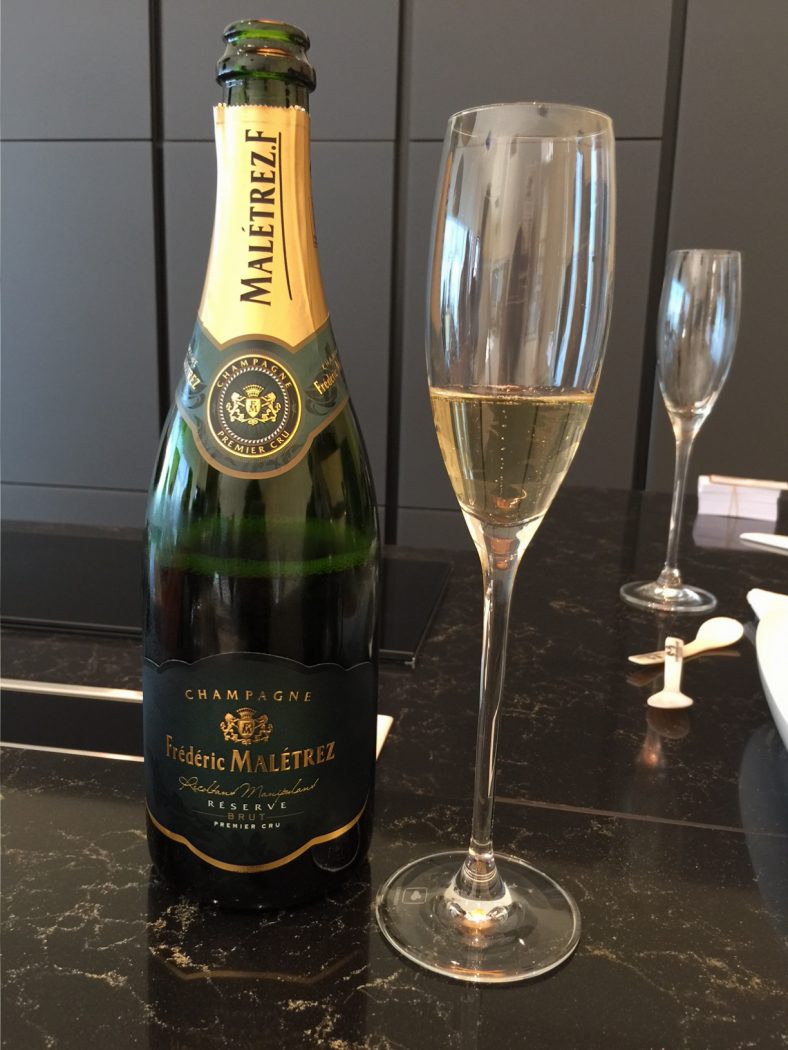
Caviar pairs well with Champagne Frédéric Maletrez. Cheers!
While the company is currently only offering the Siberian/Baeril sturgeon variety of caviar, plans are under to produce another variety later in the year, in December 2017. As well, they have a halal certification, enabling them to export to the middle east in the near future.
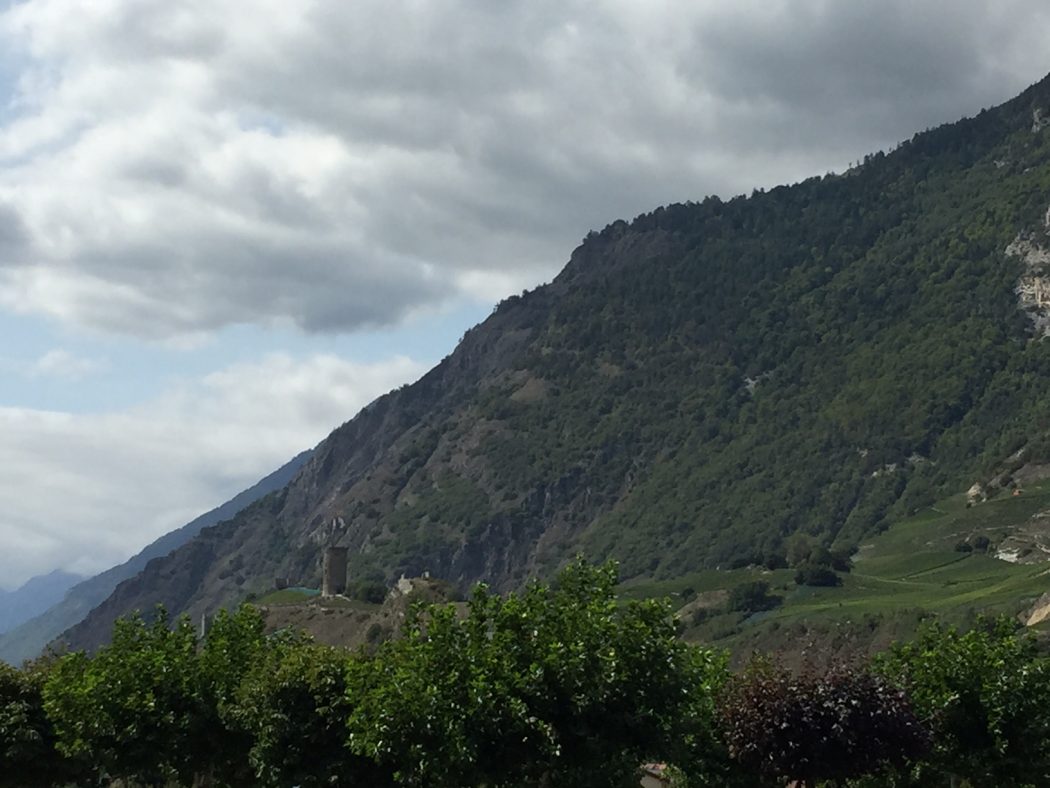
The Valais region of Switzerland is absolutely stunning
As a vegetarian, I can’t vouch for the taste of the caviar, but I certainly found the tour educational and insightful. From the comments of those around me who did try the caviar, it was apparently quite tasty. For lovers of caviar in Canada, the company is not yet making their product available in Canada, but exporting soon is possibly within their sights.
For more information, visit: Kaspersian Caviar
Resources: Swiss Tourism and Valais Tourism
Arrangements courtesy of Valais Tourism. Opinions are my own.
Shannon Skinner is an award-winning broadcaster, international speaker, author, travel writer and wine specialist.

